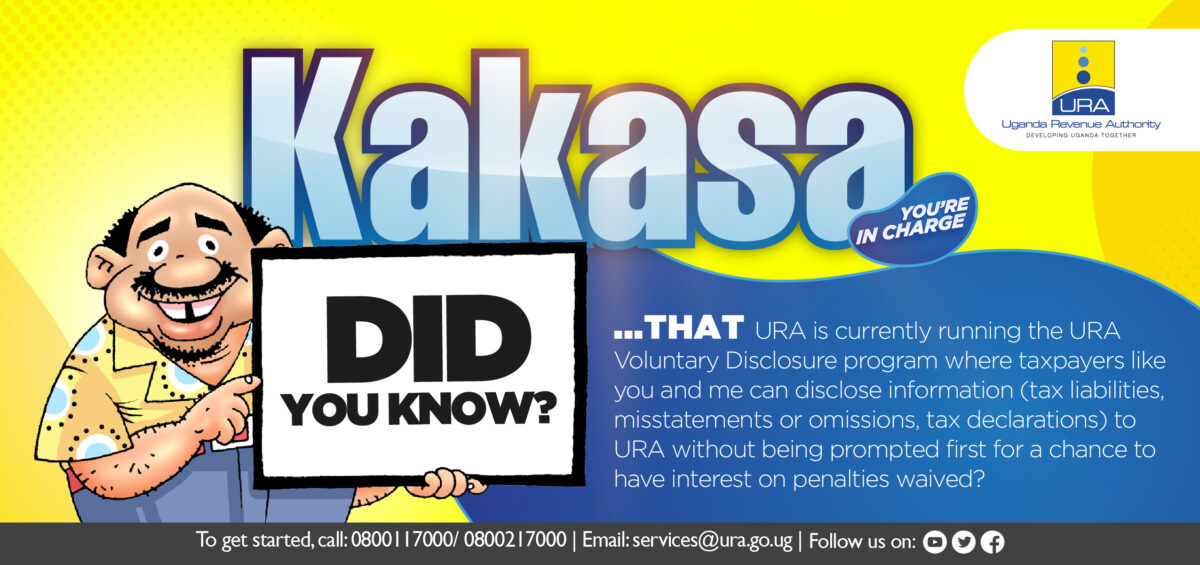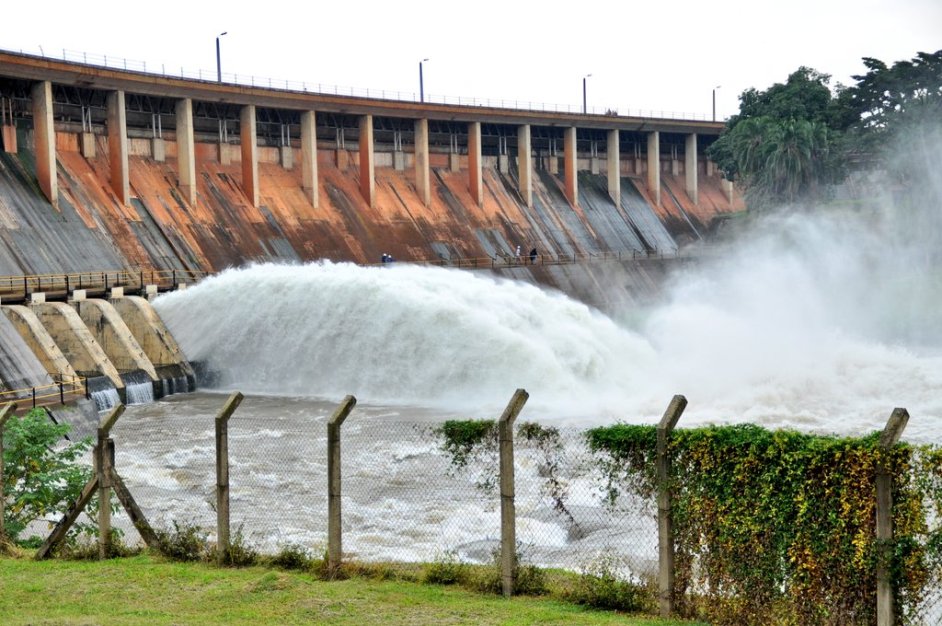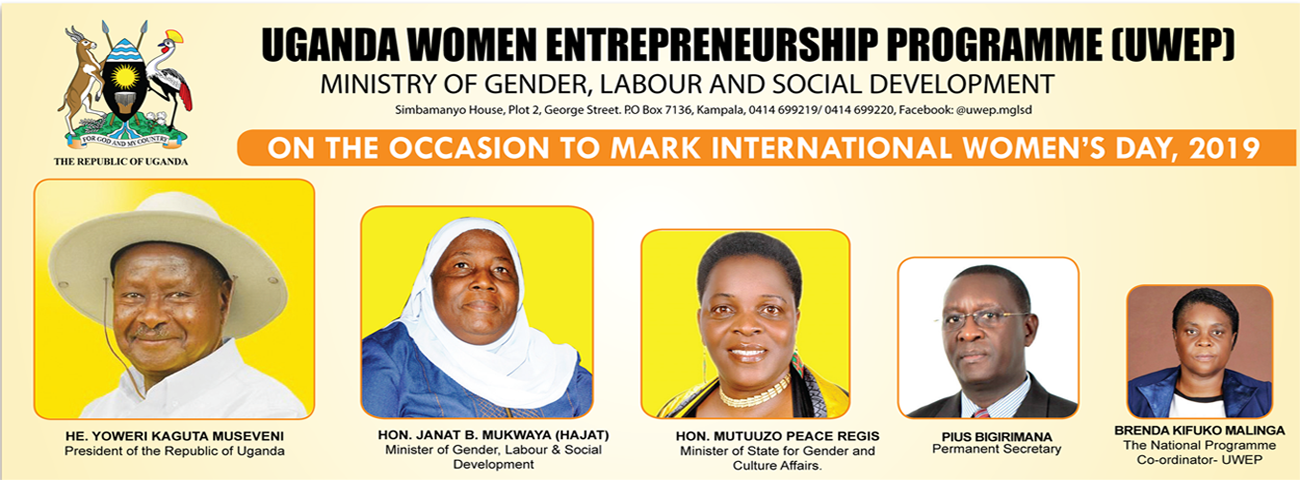Nalubaale Power Station
By Denis Jjuuko
I recently visited a constituency where a government minister was defeated as the area MP in the just concluded parliamentary elections. As I went about my work, I asked some of the people I met why the minister lost. I received mixed answers until I visited one of the sub counties. The people pointed to electric poles to explain his defeat.
“We have been voting him on the promise that we will get connected to the electricity grid. We are tired of his lies,” one of the people said. The area had electric poles but they were not connected to electricity. “They brought these poles and left,” another person said. “We need electricity not poles. We have enough eucalyptus in the area to look at,” he added, angrily.
Electricity is perhaps the most demanded item in many parts of rural Uganda. People are elected to parliament by promising to extend electricity to their areas even though this is out of the MPs’ scope.
Although these people voted out a minister in one constituency due to lack of electricity, in another constituency, aides of another minister told me that he partly lost because he lobbied for the extension of electricity to his constituency. This sounds ironical. I will explain.

The minister’s voters had requested him to use his big office to extend electricity to their areas and he managed to do so. To say that the people were happy is an understatement. However, the happiness was short lived. Once they started asking the electricity distribution company to connect them, they realised that they had to wire the house to a certain standard. To some of them, the cost of wiring the house was more expensive than the house itself!
There was another big problem — the new connection fees. The electricity regulator introduced new connection fees late last year.
The new rates for no pole and single-phase connection is Shs576,773 for a wired pre-paid split metre and Shs610,918 for a wireless pre-paid split metre. If you add in transport and inspection fees, the numbers go up. If you need a pole or two, the fee is in six figures. Previously, the cost was a small fraction of these new rates.
The previously excited people saw power only being connected to the houses of the wealthy, those with country homes in the area where they spend a few nights a year. The people who spend most of their lives in the villages simply saw electric wires all over the place but too distant for them to use for anything. They now accused the minister of delivering a lie to them. Power, was out of reach.
The new power connection fees and the dilemma of the villagers found themselves in remind me of a telecom company circa 1994. You could now own a cellphone but it cost an arm and leg. Only the super wealthy could afford them. Yet telephone connectivity has a ripple effect on the economy. When another telco that looked a bit affordable came to the scene, millions connected in a short period of time. The impact mobile telephony has had on the economy is enormous.
If government can rethink these new connection fees, many people would be able to connect and this would have a far bigger impact on the economy than the telcos have had. Small businesses would be easily set up in areas where they don’t exist today. A metal fabrication workshop here, a salon there. Somebody will aspire to drink a cold beverage while kids would be able to read at night and do their homework. Where such small businesses open, a few people get jobs and others the skills needed to expand. People would watch more TV and perhaps get informed on ways to change their lives. People will move from feature phones to smart ones.
The government would collect more taxes from these small business owners and deliver more services. The new electricity connection fees deter people from connecting their homes and businesses yet the country has spent an enormous amount of money building Isimba and Karuma dams among others. Who is going to consume the electricity that the country is generating?
The government need to borrow from the telcos. One made connectivity so hard and another made it easy. The one which made it easy received more revenue from the millions that got connected than the other one which relied on a few CEOs and the super wealthy.
Get more people connected and earn more money from their daily usage than from a single connection fee. They could even connect people for free. Many will end up using it and thereby enabling government to collect more money directly and indirectly. Government should remember that the fortune is always at the bottom of the pyramid.
The author is a communication and visibility consultant. djjuuko@gmail.com





